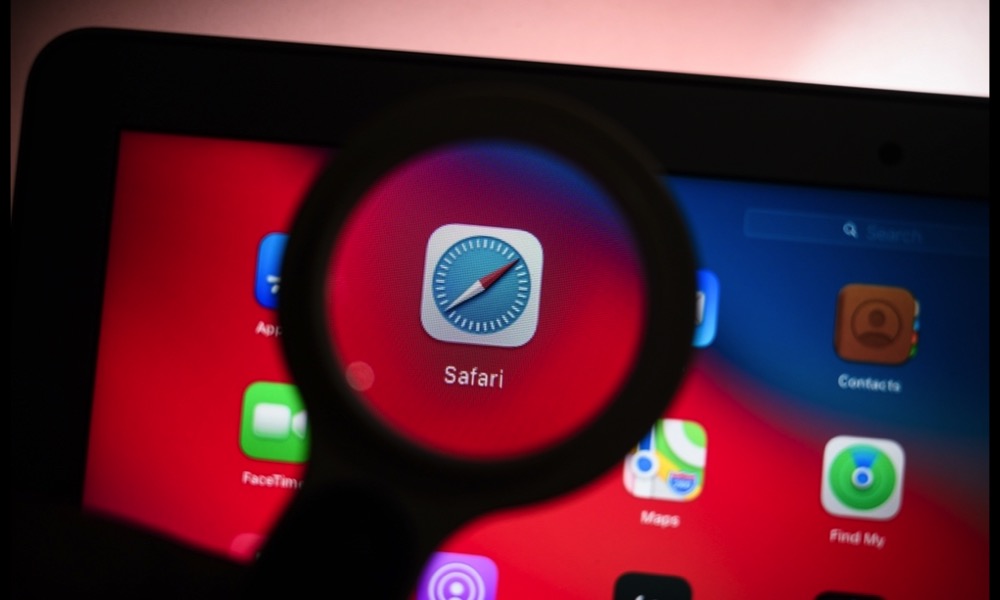Apple to Allow EU iPhone Users to Delete Safari and to Make It Easier to Switch to Android
 Credit: Soumyabrata Roy / Shutterstock
Credit: Soumyabrata Roy / Shutterstock
Toggle Dark Mode
With the release of iOS 17.4, Apple has added support for alternative app marketplaces and alternative payment methods in the European Union. Apple is also making several other changes to comply with the requirements of the EU’s Digital Markets Act (DMA). Apple today provided more information about its future plans in a DMA Compliance Report [PDF].
Apple will make it easier for iPhone users to switch over to a competing operating system (::COUGH!:: Android! ::COUGH!::). The Cupertino firm says it is working on a solution that will help mobile operating system providers create “more user-friendly solutions” for transferring data from an iPhone to a phone running another OS.
Apple will make the new solution available by late 2025. The move will allow companies like Google and Samsung to offer improved tools for transferring a user’s data from an iPhone to one of their phones.
Apple will also begin allowing iPhone users in the European Union to completely remove the Safari browser from their device and select an alternative browser to take its place. This feature should arrive by the end of 2024.
Apple is currently developing a “browser switching” solution to allow users to export and import browser data into another browser on the same handset. Apple already supports alternative web browser engines in iOS 17.4, which is also required by the DMA.
Apple is also allowing third-party payment apps to access the iPhone’s NFC chip, allowing the apps to make contactless payments outside of Apple’s own Apple Pay, and is now open to developers in the EU submitting requests for additional NFC interoperability. The move is designed to improve interoperability between the iPhone and other smartphone platforms.
Developer interoperability requests will be evaluated on a case-by-case basis, allowing Apple to determine whether the requests are covered by the DMA and whether or not an effective interoperability solution can be developed.
European Union developers can request additional mediation beyond the standard App Review Board evaluation. If a developer wishes to contest a rejected appeal, they can request mediation. Apple says the process is “EU-based, easily accessible, impartial, independent, and free of charge.”
Apple is also introducing other protections. From the PDF linked above:
Apple is introducing protections — including Notarization for iOS apps, an authorization for
marketplace developers, and disclosures on alternative payments — to reduce risks and
deliver the best, most secure experience possible for users in the EU. Unfortunately, even
with these measures in place, many risks remain. Apple will continue to seek to introduce
new protections over time to address some of those risks. And Apple will continue to urge
the European Commission to allow it to take other measures to protect its users.
All of the above changes cover only European Union developers and users, as they are all required under the EU’s Digital Markets Act. They also apply only to the iPhone; the iPad is excluded as the EU considers iPadOS a distinct platform, and it doesn’t have a large enough market share to quality as a “gatekeeper” under the DMA.







